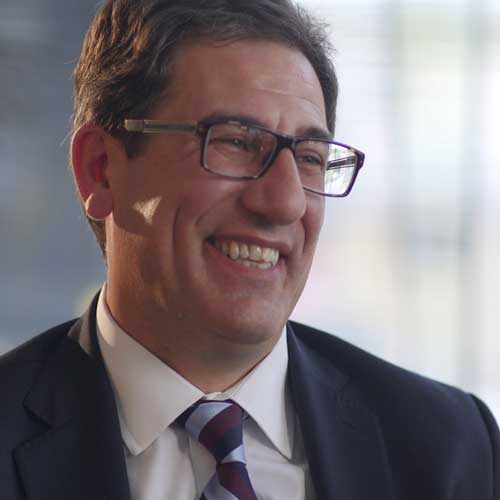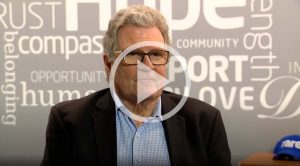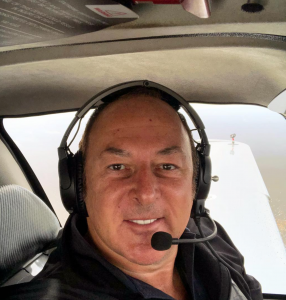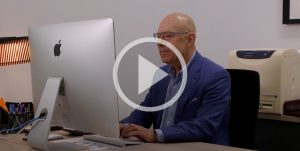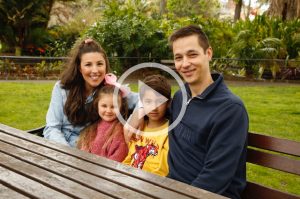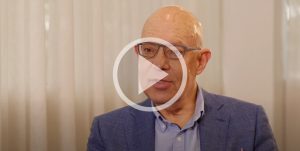Meet the Singapore Specialist: Medical Oncologist Dr Tan Yew Oo
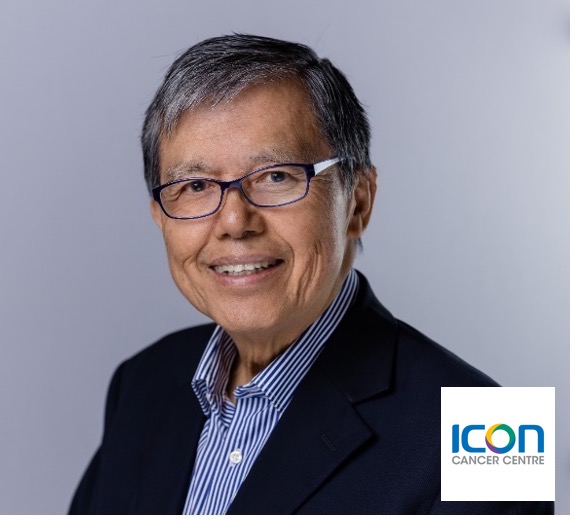
He was one of Singapore’s first medical oncologists and now in his late seventies, Dr Tan Yew Oo is one of the oldest practising oncologists, seeing cancer patients daily and striving to make a difference. Born in Malaysia, the father of two and now grandfather has enjoyed an enduring career that has taken him around the world, working in the United States and Canada, enabling him to witness the arrival of new therapies like molecular targeted agents and immunotherapies that have changed the treatment landscape and helped many patients with some cancers to live longer, with better quality of life.
Dr Tan loves his work and continues to inspire the next generation of oncologists to deliver best practice, evidence-based care. His career has been marked with some wonderful highs – like the time a young mum given no chance to live defied all the odds. But there have also been some devastating lows because, he says simply, oncology and mortality are the ultimate levellers “and the day we are born, we are destined to die”. In the low times he turns to his faith – he is a practising Catholic – and encourages patients and their families to seek solace in any kind of spirituality. At this stage, Dr Tan has no plans to immediately retire, and predicts the next leap forward in oncology will come from new targeted immune-mediation agents being discovered for difficult to treat cancers and potentially, from the use of mRNA technology (made famous in the manufacture of COVID vaccines) to treat cancers.
In 2011, a young cancer patient Mary (not her real name) arrived in Dr Tan’s Singapore office.
He recalls their first consultation well. She was a mother with young children, who was living with advanced lung cancer. She was desperate to live longer, but it was clear to Dr Tan that time was fast running out.
Already, some of the region’s specialists had advised that the only option remaining for Mary was hospice care, to keep her comfortable. She had been advised to “prepare for the end”.
But Dr Tan did not want to give up. Every patient, he says, has their own story and he believes specialists must take a holistic approach, and consider all parts of a family network when treating patients. Mary was a mother and a breadwinner on whom her family relied.
So, as targeted therapies were beginning to emerge on the oncology treatment landscape, he ordered another biopsy, to try and determine if there was a ‘molecular driver’ igniting her cancer.
Doctors discovered this lady had an ALK (anaplastic lymphoma kinase) gene rearrangement, a genetic mutation in the DNA of lung cells that occurs when two genes fuse and the cancerous lung cells can replicate rapidly and spread to other parts of the body.
Dr Tan kept musing about this case, determined to find another treatment if it existed.
“If you find a molecular driver you can extend a patient’s life, a lot.”
He remembered studying a presentation at the annual American Society of Clinical Oncology conference, or ASCO, a convention attended by the world’s cancer specialists every year.
Data had been shared about a targeted drug called crizotinib that targeted ALK mutated lung cancer and was showing some success. He thought it was “worth a shot” for this lady and so decided to approach the drug company who marketed the therapy to see if they would consider supplying it on compassionate grounds, as there was nothing else left.
He recalls now, “And she had a fantastic response. It was amazing. She went into remission and has remained there for more than ten years. She remains on therapy but is very well and actively working. I warned her it might work for a couple of years and then the cancer would become resistant. It has not. When I first saw her, her children were still young. Now her daughters are married, and her husband has had a stroke and passed away. She was taking care of her elderly mother; now her mother has died. She has outlived them all. I use her as an example as to why we should never give up hope and why we must never stop trying to help patients.”

Dr Tan and Mary at a presentation in 2017
But Dr Tan concedes that for every success in oncology, there are many other patients who pass away despite the very best efforts, treatment and care.
“People often ask me, ‘Don’t you get depressed?’ But I believe that every patient who presents with advanced disease is a challenge, and everyone is unique in trying to overcome that challenge. Many times, you are able to prolong life and ameliorate suffering.”
And he knows that every family can be touched by cancer – even his own. Despite his vast experience, he admits even he feels helpless when it is close to home.
A 38-year-old nephew has been recently diagnosed with a rare lymphoma known as NK/T-cell lymphoma and requires treatment with “very intense chemotherapy and radiation” but has limited financial resources.
“I am trying to find ways to treat him where he is in Malaysia, or to find out how to bring him to Singapore in an affordable way. He is a bachelor, self-employed with a girlfriend and not from a rich family. He has a limited insurance plan. These are the things he is grappling with, and which many families grapple with. I am doing what I can and having a pathologist re-investigate his diagnosis so we can make sure we get the compass right to point in the right direction. I have made contact with a haematology colleague in my nephew’s hometown who is willing to follow the chemotherapy regime used successfully in Singapore. He has now started on this program. But when anyone is impacted by any kind of cancer, it is very hard and no family is immune.”
The gratitude Dr Tan inspires is acknowledged by patients who keep in touch at times like Christmas and Chinese New Year. Some patients have become personal friends and he has been invited to family weddings and anniversary celebrations. His own reward is seeing them continue successful, healthy lives where they can spend more time with their families.
At this stage, he has no immediate plans to retire. “I am an ancient old man who is trying to stay active mentally and physically,” he laughs. “I enjoy my work so much that I want to continue what I am doing. But I am now in my late seventies. It took me ten years of working in Singapore at the beginning of my career to have medical oncology recognised as a sub-specialty of internal medicine. At the time there were fewer than 10 anti-cancer agents and now there are hundreds. There has been an explosion in the number of cytotoxic drugs, anti-cancer hormonal agents, molecular targeted therapies, antibody drug conjugates and immune checkpoint inhibitors. There is still a long way to go to improve the outcomes of difficult to treat cancers like pancreatic, gall bladder and colorectal cancer, as well as sarcoma and brain tumours. “I have seen a lot already, but I hope to see the advent of new therapies such as CAR T-cell therapy or even gene therapies that will improve survival outcomes for these cancers.
“I am not ready to go and leave the exciting future just yet.”
*March 2022.
Besides patient care, Dr Tan has served many public healthcare bodies and institutions, including the MediShield Life Council (MSLC), the Anticancer Therapy Committee looking at cost containment, the SingHealth Cluster, MOH National Cancer Care Committee and the Proton Advisory Committee. He was awarded The Public Service Medal by the President of Singapore in 2020.

